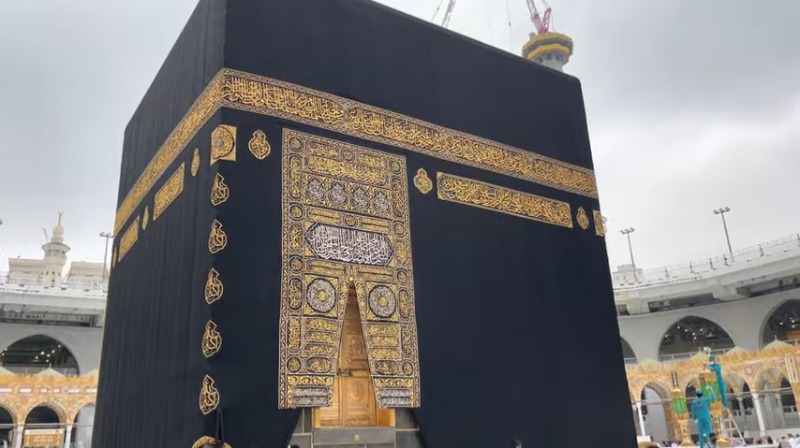
In a compelling and far-reaching post on X, billionaire investor and Bridgewater Associates founder Ray Dalio urged the public not to be distracted by surface-level issues like tariffs, warning instead of a far more significant, systemic breakdown unfolding across global economic, political, and geopolitical systems. Dalio, known for his macroeconomic insight and deep historical perspective, described the current moment as part of a rare, once-in-a-lifetime shift in the world order.
According to Dalio, while the newly announced tariffs and their effects on markets are important, they are symptoms — not causes — of the deeper forces reshaping the global landscape. He emphasized that focusing solely on tariffs risks missing the bigger picture: the unraveling of long-standing systems that have sustained global stability for decades.
At the heart of this shift, Dalio explained, is the breakdown of the monetary and economic order. He pointed to unsustainable levels of debt, particularly in the United States, and a global system that relies on dangerous imbalances between debtor nations (like the U.S.) and creditor nations (like China). This dependency — where the U.S. borrows to finance consumption and China lends in order to sustain its manufacturing economy — is increasingly strained in an era of deglobalization and rising mistrust between major powers.
Dalio warned that such an imbalanced system cannot continue. As trade and capital interdependencies weaken, countries are prioritizing self-sufficiency, making it less viable for economies to rely on adversaries for essential goods or financial support. This shift is already pressuring the existing global economic framework and is likely to lead to major changes in the monetary order, with far-reaching consequences for capital markets and economies.
The investor also highlighted the growing internal instability within nations, particularly in democracies like the U.S. He attributed this to widening gaps in education, income, opportunity, and values — combined with a political system that has become increasingly polarized and ineffective. The result, he argued, is a rise in populism on both the left and right, undermining democratic norms and creating fertile ground for autocratic leadership.
Dalio’s commentary extended to the international geopolitical landscape, which he described as entering a new phase. The post-World War II order, dominated by U.S.-led multilateralism, is giving way to a more unilateral and competitive environment. America’s “America First” stance, trade wars, and technological decoupling are signals of this transition. He noted that the U.S. is still the world’s most powerful nation, but the structure of global cooperation is breaking down — replaced by zero-sum competition and growing tensions.
In addition to economic and political dynamics, Dalio pointed to two other major forces driving global change: the increasing impact of natural disruptions such as pandemics, droughts, and floods, and the rapid advancement of transformative technologies like artificial intelligence. These developments are affecting everything from how economies function to how countries prepare for and manage crises.
Dalio concluded by urging people to keep their focus on these five interrelated forces: the monetary/economic order, domestic political order, international geopolitical order, acts of nature, and technological change. Understanding their dynamics and interconnections, he said, is key to navigating the profound transformation now underway.
— Ray Dalio (@RayDalio) April 7, 2025
He also advised studying history — particularly previous periods marked by similar systemic stress — to understand what kinds of policy responses may emerge. Measures like capital controls, suspension of debt payments, or special taxes, once unthinkable, may re-enter the policy toolkit as governments respond to growing pressures.
While acknowledging the importance of headlines like new tariffs, Dalio stressed that the real story lies beneath. What’s happening now, he explained, mirrors historical cycles in which the old world order breaks down and a new one emerges — typically through a painful but predictable series of events. By understanding where we are in this cycle, individuals and policymakers alike can better prepare for what’s to come.

